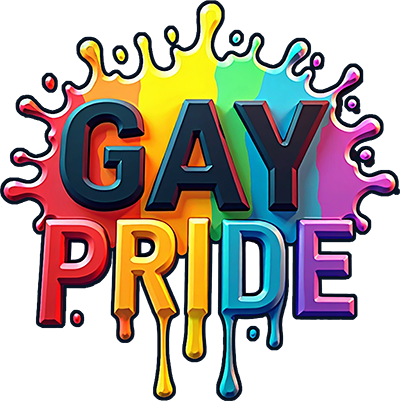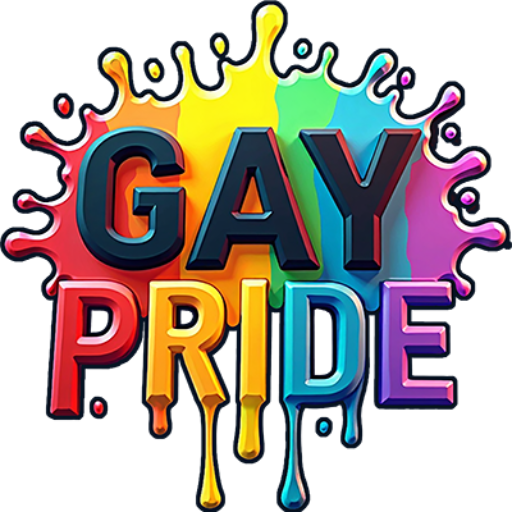How to Educate Others About LGBTQ Issues
In today’s rapidly evolving world, understanding and educating others about LGBTQ issues is more crucial than ever. Whether you’re an ally, a member of the LGBTQ community, or simply someone seeking to broaden their knowledge, educating others can foster empathy, inclusivity, and understanding. This guide will provide you with essential tools, statistics, and actionable tips for effectively educating others about LGBTQ issues.
Understanding LGBTQ Terminology
One of the first steps in educating others is understanding and correctly using LGBTQ terminology. According to a 2018 Gallup Poll, 4.5% of U.S. adults identify as LGBTQ. Understanding this community starts with language.
Common Terms and Their Meanings
Here are some basic terms and definitions:
- Lesbian: A woman attracted to other women.
- Gay: A man attracted to other men, also used as a general term for LGBTQ individuals.
- Bisexual: A person attracted to more than one gender.
- Transgender: A person whose gender identity differs from the sex they were assigned at birth.
- Queer: An umbrella term for sexual and gender minorities not heterosexual or cisgender.
- Questioning: Individuals who are exploring their sexual orientation or gender identity.
Addressing Common Misconceptions
Misconceptions about the LGBTQ community can perpetuate stigma and discrimination. Here are some ways to address them:
Myth: LGBTQ Identity is a Choice
Fact: Scientific research, including studies by the American Psychological Association, indicates that sexual orientation and gender identity are complex and not a choice. Educating others on this can reduce prejudice and promote acceptance.
Myth: Transgender People Are Confused
Fact: Transgender individuals often have a clear understanding of their gender identity. Supporting them involves listening and respecting their experiences, as highlighted by resources from GLAAD.
Highlighting the Importance of LGBTQ Education
Educating others about LGBTQ issues is essential for several reasons:
Promoting Inclusivity and Diversity
Inclusive environments benefit everyone. A 2019 study by McKinsey & Company found that companies embracing diversity are 35% more likely to perform better financially. This principle extends to social settings as well.
Reducing Bullying and Discrimination
According to the Human Rights Campaign, LGBTQ youth are twice as likely to experience bullying. Educating others can create safer spaces and decrease incidents of discrimination.
Effective Strategies for Educating Others
Here are some strategies to effectively educate others about LGBTQ issues:
Use Personal Stories and Testimonials
Sharing personal stories can humanize LGBTQ issues and foster empathy. Platforms like It Gets Better Project provide a wealth of testimonials that can be powerful tools for education.
Leverage Social Media and Online Platforms
Social media is a powerful tool for education. By sharing informative content from reputable sources, you can reach a broader audience. Follow organizations like The Trevor Project for valuable resources.
Organize Workshops and Discussions
Workshops and open discussions provide safe spaces for learning and dialogue. Consider collaborating with local LGBTQ organizations to host events in schools, workplaces, or community centers.
Utilizing Resources and Support Networks
Access to resources and support networks is crucial for effective education:
Books and Literature
Books like “The ABC’s of LGBT+” by Ashley Mardell offer comprehensive insights into LGBTQ topics. Encourage others to read and discuss these works to deepen their understanding.
Online Courses and Webinars
Platforms like Coursera offer online courses on LGBTQ inclusivity and rights. These courses can be a valuable educational tool for individuals and organizations.
Conclusion: Fostering a More Inclusive World
Educating others about LGBTQ issues is an ongoing journey that requires dedication, empathy, and open-mindedness. By understanding terminology, addressing misconceptions, and utilizing effective strategies, you can make a significant impact in promoting inclusivity and understanding. Together, we can create a world where everyone, regardless of sexual orientation or gender identity, feels valued and respected.
For more resources and information, visit organizations like Stonewall and PFLAG. Let’s continue to educate, advocate, and inspire change.For further reading on LGBTQ+ rights and history, visit our detailed page on LGBTQ+ Rights and History.


One reply on “How to Educate Others About LGBTQ Issues“
Comments are closed.